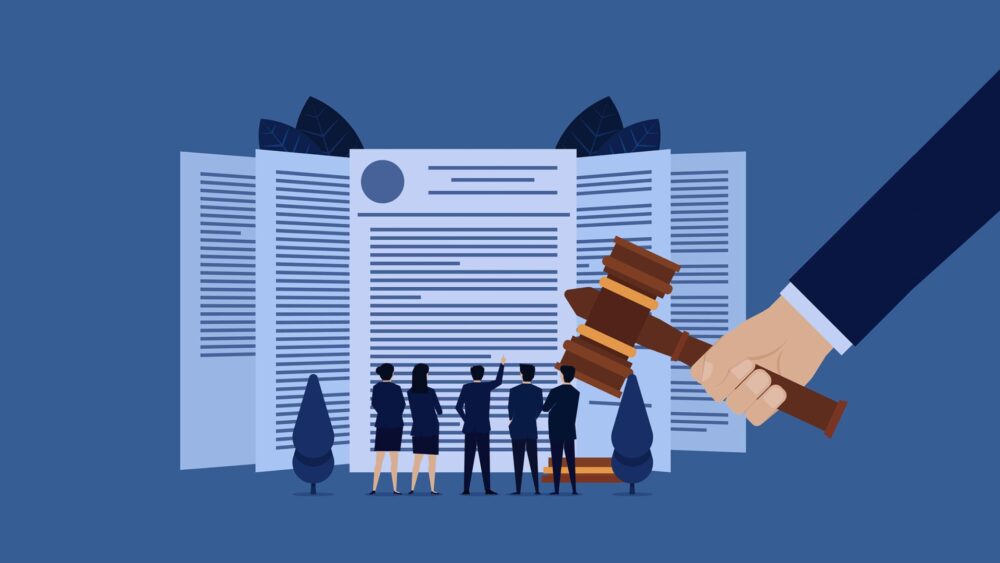License intellectual property is an umbrella term for a group of intangible assets or assets that are intangible owned by a business that legally protects them from external use or execution without consent.
License intellectual property
- The concept of License intellectual property relates to the fact that some products of human thought must be granted the same rights of protection that apply to physical property, called physical assets. Most advanced economies have legal measures to protect both forms of ownership.
- Intellectual property owned by a company Intellectual property can consist of many assets, including trademarks, patents, and copyrights.
read also: Proof That Reciprocal enforcement of judgments act Really Works
Intellectual property properties

license intellectual property
Intangible property
- License intellectual property does not cover the physical object created but retains the conceptual development behind the physical object. Intellectual property law does not deal with the physical thing represented by the works of the mind.
- The main feature that distinguishes intellectual property from other property types is its lack of tangibleness.
- Abstract theories do not have the right to protect intellectual property. Intellectual property rights are separate and distinct from property rights intangible goods. Therefore, in the definition of intangible property, intellectual property of any type is included.
Rights and duties
- License intellectual property gives rise not only to property rights but also to the imposition of duties. Regarding his work/product.
- The owner of the intellectual property has the right to perform these actions. He has the exclusive right to reproduce, copy, market the work, etc. It also has a negative right to exclude exercising its legal rights by third parties.
Create the platform
- License intellectual property is derived from common law and is covered by specific rules., By relevant legislation, intellectual property rights are legal rights.
- License intellectual property, in other words, is the formation of legislation. The right holder is protected by proposals, technical solutions, or other knowledge transmitted in a legally acceptable manner and subject in some cases to registration procedures.
Regional
License intellectual property is primarily regional and only applies within the relevant jurisdiction, so intellectual property laws worldwide are not harmoniously uniform.
The entire License intellectual property rights legislation is not in effect.
To secure and enforce intellectual property rights, developers and inventors of various types of intellectual property have to comply with their national laws and jurisdictions, and the extent of security depends on the respective federal legislation.
Customizable
- They should be granted (licensed) because they are privileges. The division between intellectual property rights and the actual form in which the work is incorporated can be visualized.
- Intellectual property may be bought, sold, licensed, hired, or joined.
Dynamism
- License intellectual property rights, are constantly changing. The intellectual property sector is also developing accordingly, as technology in all human activities is changing dramatically.
- By the demand for scientific and technological progress, the scope of its defense is being expanded, and new elements are added to the IPR sector.
Observe public policy
- They are exposed to a deep embodiment of public policy. Intellectual property seeks to maintain appropriate accommodation and compatibility between two competing interests.
- On the one hand, customers try to take over the business without much trouble, and on the other hand, intellectual rights holders need adequate compensation.
- Protection of intellectual property rights
- The eligibility of intellectual property rights depends solely on the protection issue. Also, products identified and recognized by law as the subject of protection have intellectual property rights.
- While the minimum requirements stipulated by law may be included, protection may still be denied if expressly omitted from the subject matter entitled to protection.
Types of intellectual property

license intellectual property
Copyrights
Unlike patents and trademarks, which the USPTO administers, copyright is issued by the Library of Congress.
However, like patents and trademarks, copyrights give their creator the exclusive right to their original work for a limited time.
Copyright is a form of protection offered to authors of original works of authorship, including literary, dramatic, musical, artistic, and some other intellectual works, published and unpublished. specially
Copyright grants the owner the exclusive right to copy the copyrighted work, prepare derivative works, or distribute copies or recordings.
Patents
A patent is a right granted to an invention. In general, a patent gives the patent owner the right to decide how others can use the design.
In exchange for this right, the patent owner makes technical information about the invention available to the public in the published patent document.
Trademarks
A trademark is a sign capable of distinguishing the goods or services of one organization from those of other organizations.
Brands go back to ancient times when artisans put their signature or “label” on their products.
Geographical Indications
Geographical indications and appellations of origin are the marks used on goods with a specific geographical origin and qualities, reputation, or characteristics principally attributable to that place of birth.
A geographical indication often includes the name of the place of origin of the goods.
Trade secrets
- Trade secrets must be actively protected by the company and are usually the result of the company’s research and development.
- Examples of trade secrets can be design, pattern, recipe, formula, or proprietary process. Trade secrets are used to create a business model Distinguishes the company’s offerings to its clients by providing a competitive advantage.
The content of License intellectual property

license intellectual property
License intellectual property law deals with the rules for securing and enforcing legal rights to inventions, designs, and works of art. Just as the law protects ownership of personal property and real estate, it also protects exclusive control of intangible assets. Its purpose is to provide an incentive to people to develop creative works that benefit society by ensuring that they can benefit from their work without fear of embezzlement by others.
read more: Read This Controversial Article And Find Out More About Foster care VS adoption